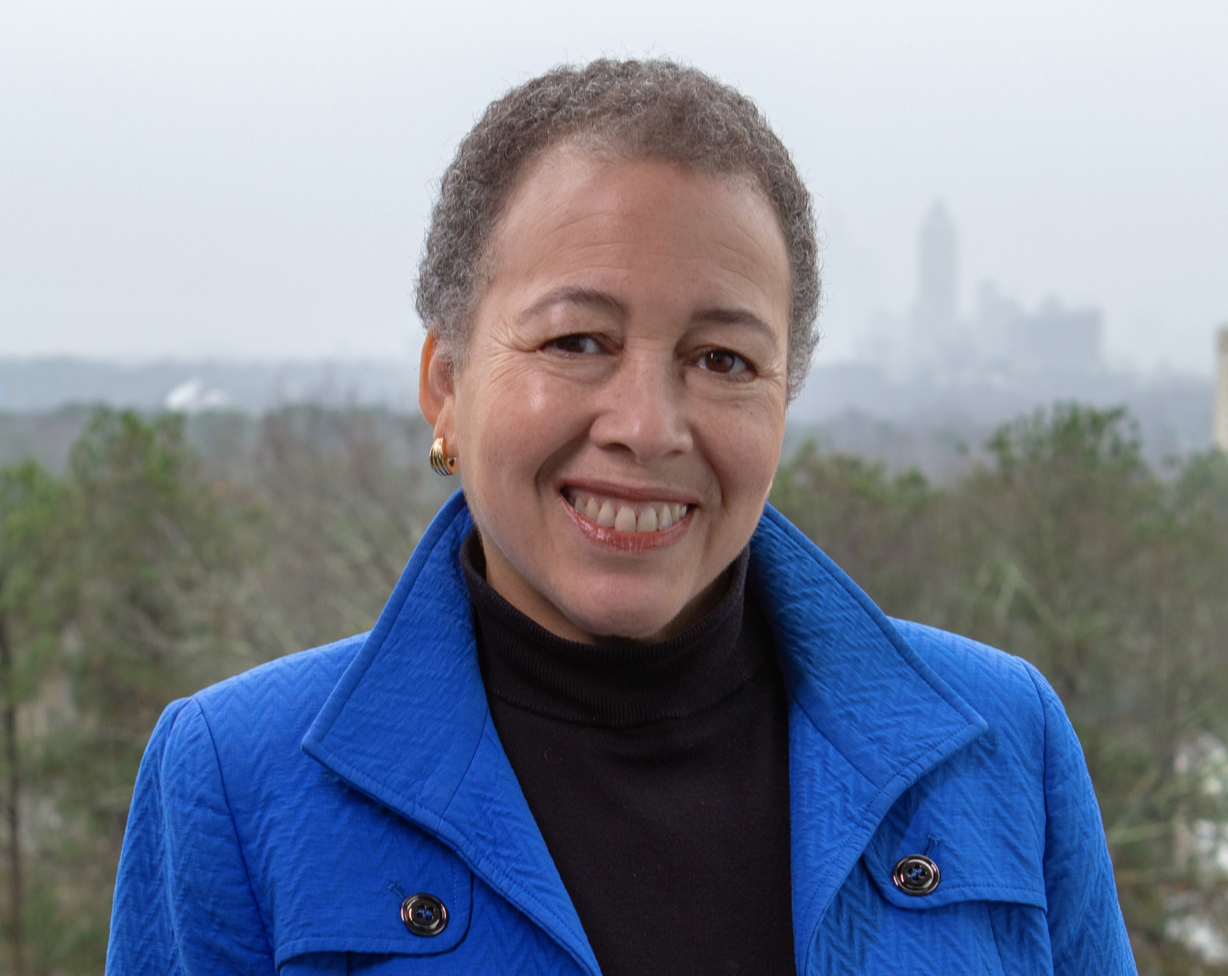The Black History Month Assembly was held on Thursday, February 10th. This year, the assembly was a live seminar with Dr. Beverly Ann Tatum: the president emerita of Spelman College and a pioneer of DEI work. She is the author of the books Can We Talk About Race? and Why Are All the Black Kids Sitting Together in the Cafeteria? She is also the author of “The Complexities of Identity,” which is commonly studied at Fieldston. Dr. Tatum’s work has been fundamental in how we study and understand identity.
Dr. Tatum’s work was so impactful for DEI Coordinator Arhm Wild because of how she gave language to so much that hadn’t been named before. “[Dr. Tatum’s] language was not only validating, but provided a foundation for me to do my own activism and education,” they said. Additionally, her work allowed them to “bring ideas of racial identity to conversations and real-life experiences; that marrying of framework and lived experiences was so helpful.”
The seminar was in collaboration with the Calhoun School and LREI. Each of the schools had a student representative who asked Dr. Tatum the questions, and representing Fieldston was Skyy Johnson (VI). Johnson and Fatou Diallo (VI), both leaders of Diaspora, were invited by Wild to be Fieldston’s student rep, but since only one was needed, they agreed to let Johnson do it. As one of the three students leading the seminar, Johnson took turns asking Dr. Tatum questions. “The student representatives, as well as the respective diversity faculty, had two planning meetings prior to the seminar… We just brainstormed what was interesting to us and what we thought Dr. Tatum could explain further. I personally wanted white students to understand that thinking about race is not something that only students of color should do, and I also wanted to show them a little bit of what our experience might be at Fieldston and other PWIs,” said Johnson.
Dr. Tatum’s lecture was remarkably profound and educational. She touched on things such as the importance of affinity spaces and spheres of influence. For Johnson, Dr. Tatum’s advice about affirming our own identities was especially compelling: “We have multiple identities. But as we’re exploring those identities, the most important thing is to find a place where you feel that your identity as you’re defining it is being affirmed,” said Dr. Tatum. We need to look for a place where we can “really be affirmed in the fullness of who [we are] as a person,” she added.
When asked about what it was like to speak to Dr. Tatum directly, Johnson said, “To be honest, I was pretty nervous during the whole interview, but it was an honor to be able to speak to her. She has led/pioneered research on racial identity development long before I was born.”
Wild hopes that all Fieldston students were able to take something away from Dr. Tatum’s talk. “I appreciate what [Dr. Tatum] said about how everyone has a racial identity. I think that feels like a really important framework and it’s necessary in interrupting racism; to understand that we are all racialized.”
Wild was also particularly impacted by Dr. Tatum’s words about how educators can strengthen the role that they play in identity development. Dr. Tatum said: “I often talk to teachers about the fact that they should be paying attention to something I call the ABCs. The A stands for affirming identity… Every teacher should be asking: ‘Who’s missing from my picture, and what can I do about it?’ The B is about building community. Every school environment is a community… how do you make people feel included and welcome in your community?… A lot of times, what people choose to do to build community is rooted in school traditions and practices from the past. But if you always do what you always did, you’re going to get what you always got. And that ‘getting’ does not always include new people who might not have been part of the past 50; 100 years ago. Some of those traditions might be leaving people out… The C is cultivating leadership… If we think about how we develop leaders, one of the things that leaders need to know how to do is to connect with people different from themselves… We also need to give opportunities for students to practice the kind of leadership skills in a diverse society that they’re going to need when they go onto college and beyond… The most important of [the ABCs] is the A, because if you try to do B and C without thinking about the A, you’re going to fall short every time”.
Dr. Tatum also said that “we all want to feel seen, heard, and understood by other people. And if those other people fail to understand what’s most important to us — something as essential as identity — then it is going to be hard to make a good connection. The result of that might be a sense of isolation.”
Johnson wants Fieldston students “to really think about the experiences of students of color in every aspect.” Johnson then said, “We are often overlooked, left out and not considered in many ways. When we are, we face this expectation to be exceptional or to talk about race for the benefit of our white peers.”
“As Fieldston students, we are given these amazing opportunities to hear from really inspiring people and I feel like we take them for granted. I hoped she sparked some thought and reflection on our lives and our interactions with other people. It’s hard to put into words, but this was an awesome opportunity and one that I am grateful for having,” said Johnson.






